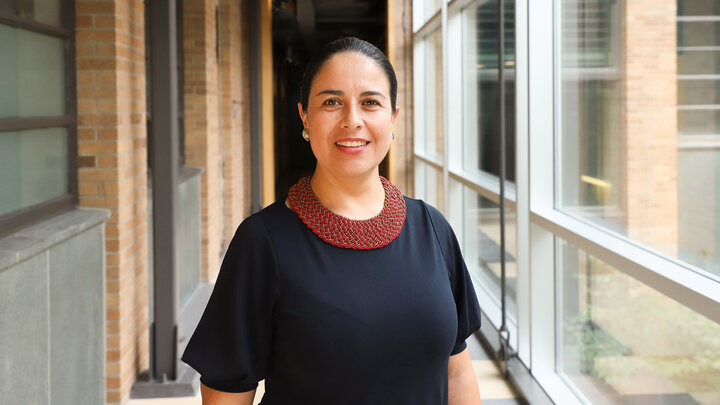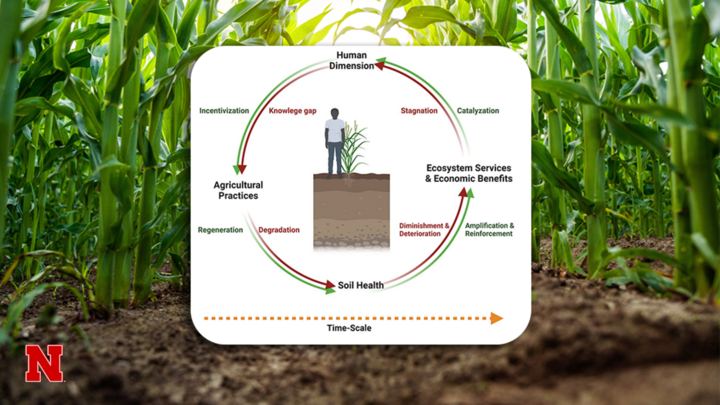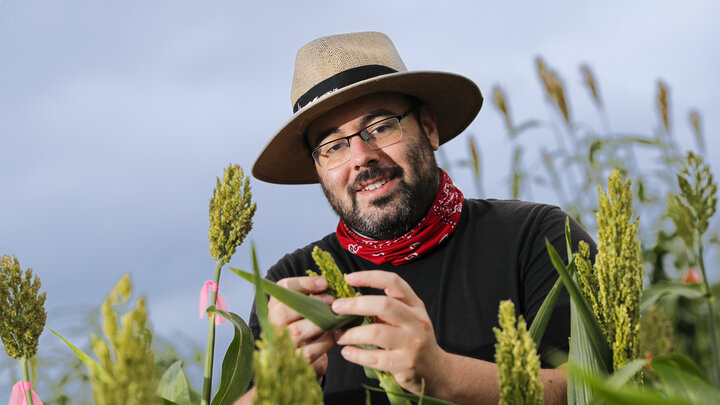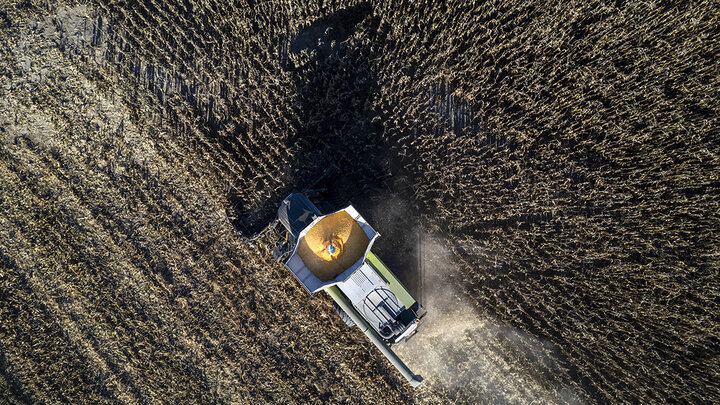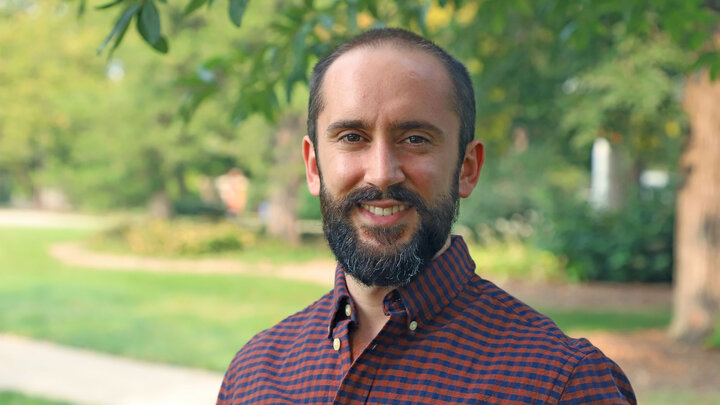Caro Córdova, Department of Agronomy and Horticulture assistant professor and statewide soil health specialist, received the 2023 Long-Term Agroecosystem Research Early Career Award July 17. The LTAR Early Career Scientist Award recognizes network-level research accomplishments.
The USDA Long-Term Agroecosystem Research network is a growing research network comprising 18 established, long-term research sites focused on developing national strategies for more efficient agricultural production while improving the quality of the environment and the well-being of America’s farming communities. The network includes the USDA Agricultural Research Services and scientists from partner institutions in the United States and Canada.
“Winning this award is a tremendous honor and an excellent opportunity for my professional development and advancement in my career,” Córdova said.
Córdova has been an active member of LTAR since 2019. Since 2020, she has been an active member of the Soil Working Group leading the elaboration of the first LTAR soil organic carbon stocks and change protocol.
She co-organized and co-hosted the virtual 2020 LTAR All Scientists Meeting at the of Michigan State University Kellogg Biological Station. At the 2021 LTAR ASM meeting Córdova co-organized and moderated the breakout session with LTAR and the National Ecological Observatory Network on integrating efforts on soil carbon stability. She also presented research findings at the 2021 and 2022 meetings.
Córdova is co-principal investigator along with Christine Sprunger, assistant professor at Michigan State University, on a project funded by the Environmental Defense Fund that aims to study the trajectory and stability of soil organic carbon stocks across different LTAR sites.
"I am honored to be part of this prestigious network and contribute locally and at the network level,” Córdova said. “I am so lucky to work with great colleagues and stay connected with the LTAR network while setting perennial roots in Nebraska.”
Córdova joined the University of Nebraska–Lincoln in 2022. Her position is 60% extension and 40% teaching, both in the agronomy and horticulture department and in the School of Natural Resources. She is building Nebraska’s Soil Health Program to support collaborative efforts on soil health science research, extension, and teaching across the state.
Her research, extension, and teaching programs aim to unite soil health and the sustainable intensification of agriculture while studying mechanisms to increase carbon sequestration and reduce farmer reliance on synthetic fertilizers.
